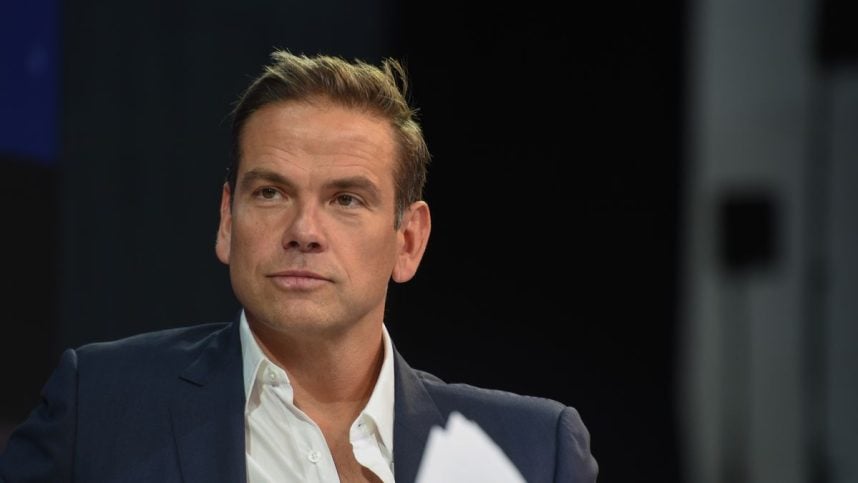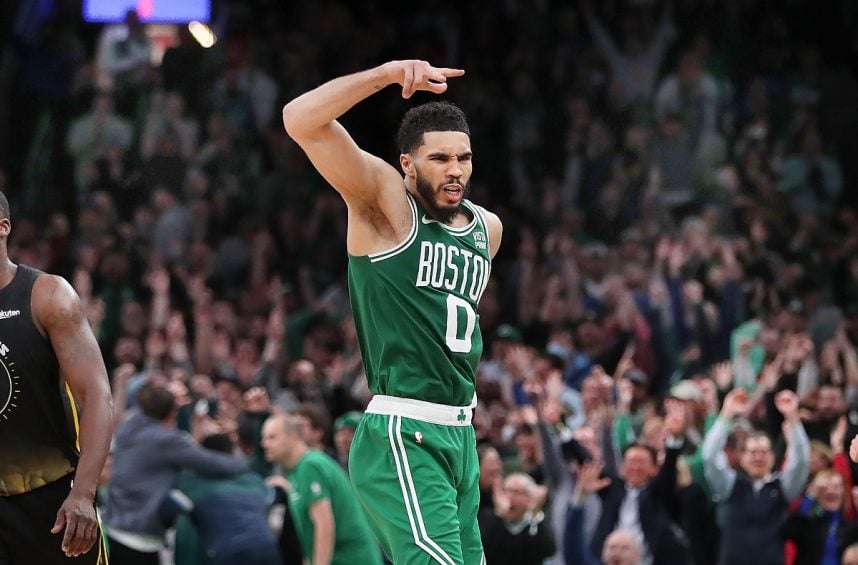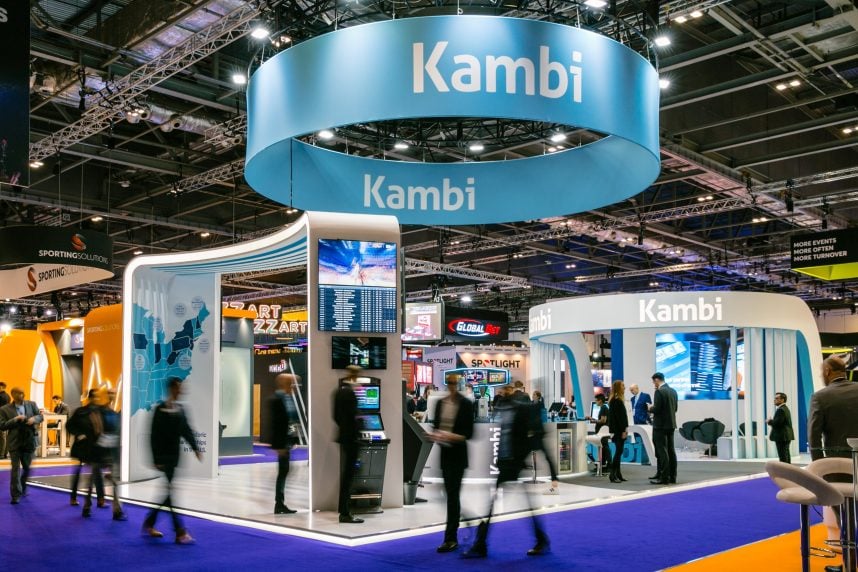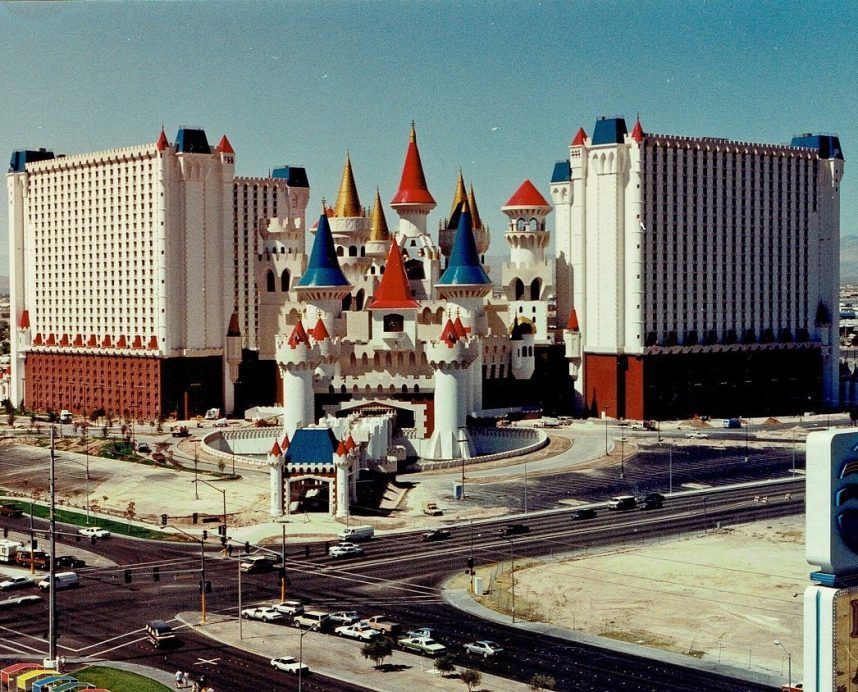Flutter Entertainment (NYSE: FLUT) could reportedly reach a $2.62 billion deal to acquire Playtech’s (LSE: PTEC) Snaitech unit as soon as this week.

Shares of the prospective seller posted a double-digit gain in London trading on Monday after media reports surfaced indicating the two companies could reach an agreement in the coming days. Should that price be what Flutter offers, it would represent the entirety of Playtech’s market capitalization.
Speculation regarding Flutter’s interest in Snaitech began last month with Playtech ultimately confirming it was in talks with the Paddy Power owner.
Snaitech is one of the largest gaming companies in Italy and should Playtech shed that entity, the seller would have no consumer-facing operations, allowing it to focus on its business-to-business technology offerings. Playtech’s Monday surge was aided by news that the company reached an agreement with Mexican gaming firm Caliente regarding a long-standing argument over payments purportedly owed to Playtech. It’s also possible that if Playtech sells Snaitech, bidders could emerge for the former’s tech business.
The sale of Snaitech, will leave Playtech as a business-to-business provider of software, and, according to analysts, is likely to result in a formal takeover bid in the medium term,” reported Mark Kleinman for Sky News.
Last month, Playtech granted Flutter a period of exclusivity to perform due diligence on Snaitech, indicating the seller is not yet fielding offers from other suitors.
Snaitech Buy Keeps with Flutter Tradition
Should it reach a deal for Snaitech, the purchase would extend Flutter’s tradition of deal-making that’s allowed the operator to bolster its footprint in Europe, including in Italy where it’s already one of the largest gaming operators.
Two years ago, Flutter paid $2.2 billion for Italian lottery giant Sisal. Before that acquisition, the Dublin-based company was operational in Italy via its PokerStars and Betfair units, which have some of the largest market share in that country.
Italy is an attractive market for a company for multiple reasons. It’s the third-largest economy in the Eurozone and is Europe’s largest regulated gaming market outside of the UK, meaning a presence there diversifies Flutter’s revenue stream while reducing reliance on the UK.
Although it’s already a large market within the European wagering scene, Italy is rapidly growing thanks to the evolution of iGaming, a sector in which Snaitech has some leverage. Snaitech also operates in Austria and Germany, but is a smaller player in those countries.
Flutter’s Been Acquisitive of Late
Snaitech isn’t the only potential acquisition Flutter is working on. Last week, the company said it’s spending $350 million in cash to buy a 56% stake in Brazil’s NSX Group, which controls the popular Betnacional brand in that country.
Under the terms of that agreement, Flutter has the right to increase its interest in NSX five and 10 years after the initial deal is finalized. That’s expected to happen by the second quarter of 2025.
Flutter is the parent of FanDuel, the largest online sportsbook operator in the US.
The post Flutter Deal for Playtech Consumer Biz Reportedly Imminent appeared first on Casino.org.









